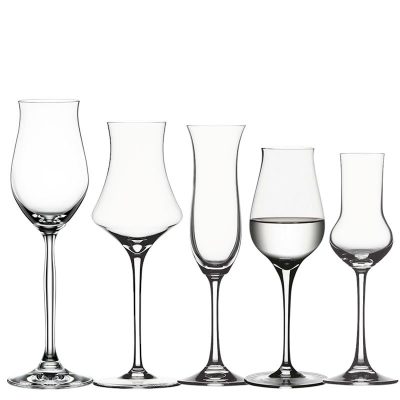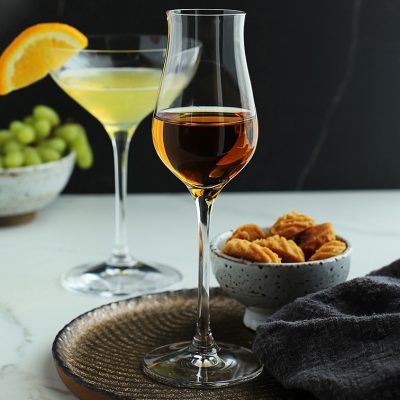The important failure methods of glass bottle forming molds are: air oxidation (molding. falling off. small black spots). Chamfering and deformation. Phosphorus drop is an important method for glass bottle forming molds to report. The precondition for damaging the service life of the abrasive tool is the heat resistance of the raw material, that is, the oxidation resistance of the raw material at high temperature. The professional ability to resist growth and development depends on the basic and calcined petroleum coke in the tissue.
Adding copper, chromium, tin and other elements to pig iron can promote the transformation of metallographic structure and improve the compressive strength of pig iron, thereby improving the professional ability of abrasive tools to resist chamfering and wear. WeChat add friends silicon, aluminum, etc. Elements, resulting in high-density SiO2 and A1203 surface air oxide film, thereby improving the surface anti-oxidation ability of abrasives.
The new pig iron raw materials for glass bottles include low tin pig iron, copper chromium pig iron, medium silicon rare earth, medium silicon molybdenum rare earth, low tin vermicular iron, low aluminum vermicular iron, etc. Comparison of service life of glass bottle mold materials: HT200 abrasive has a lower service life, and low aluminum vermicular iron is higher, and the distance is about 5 times.
























